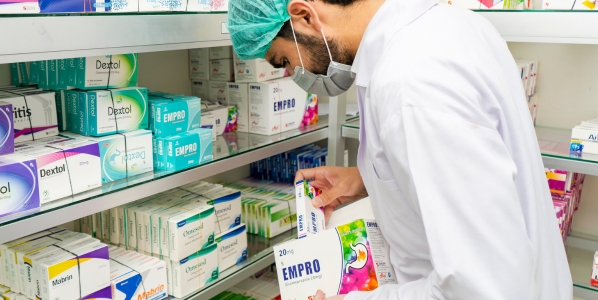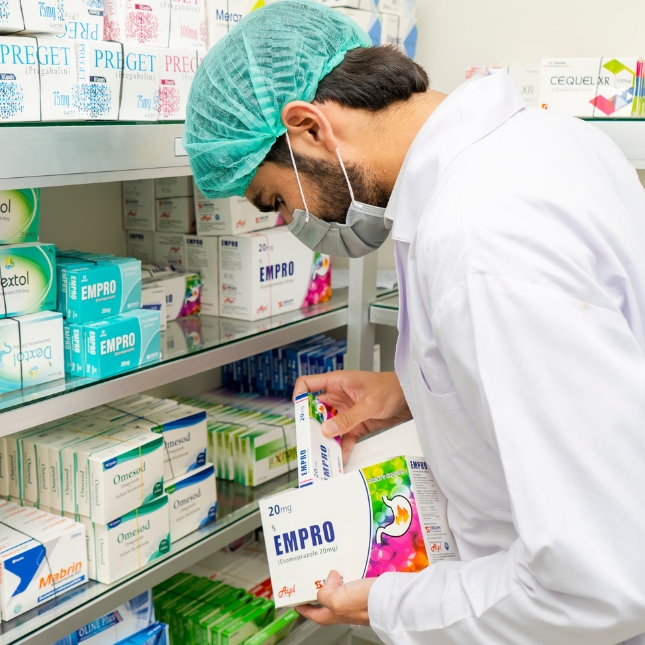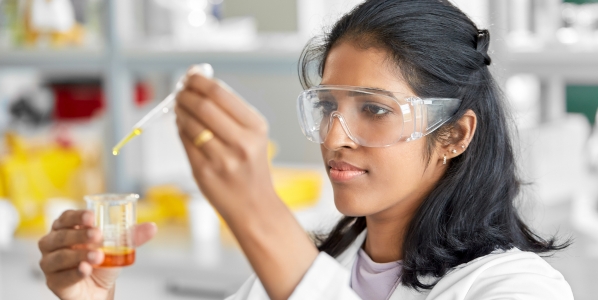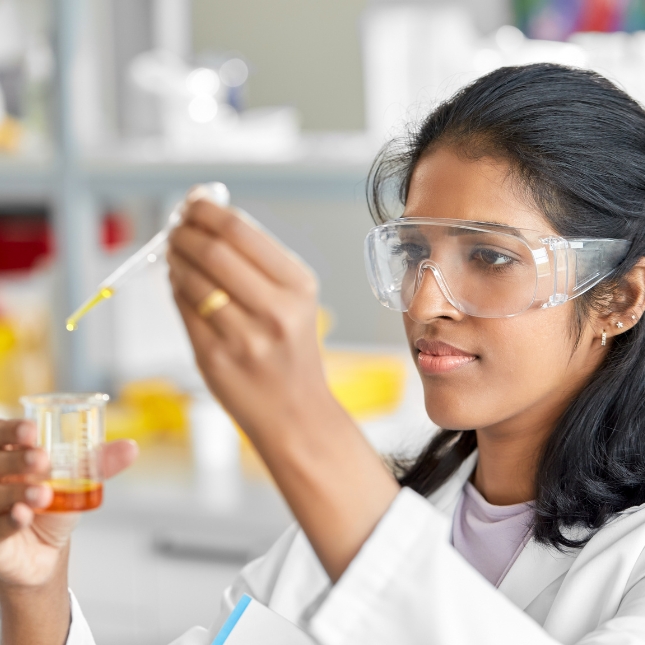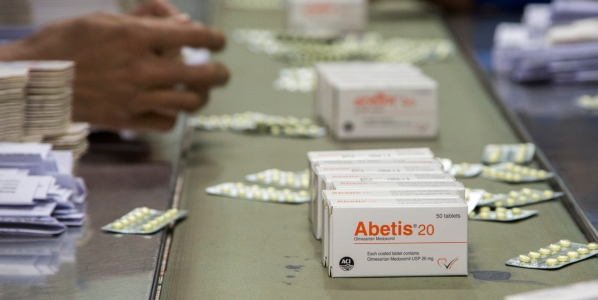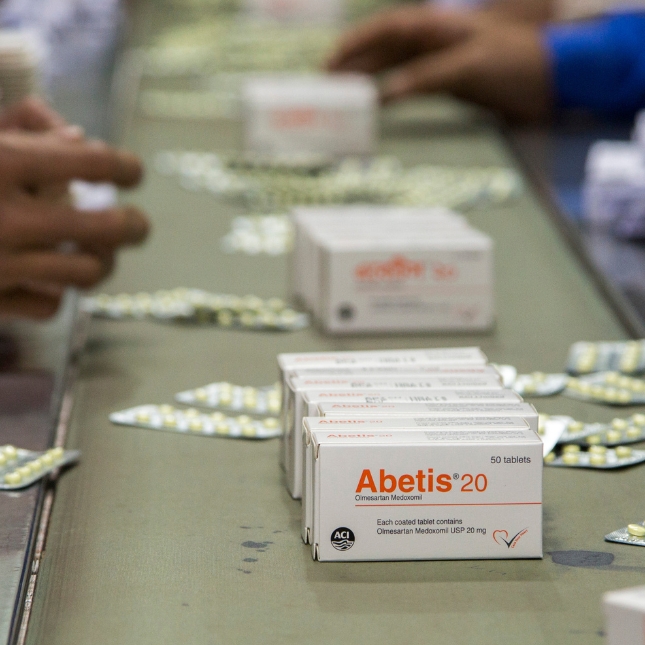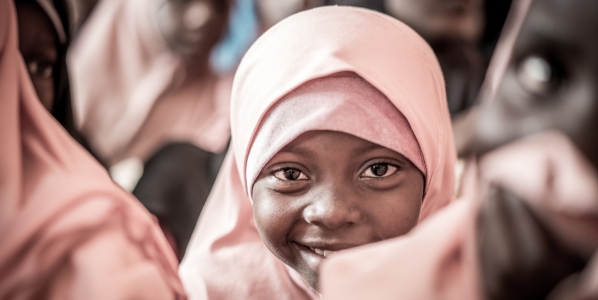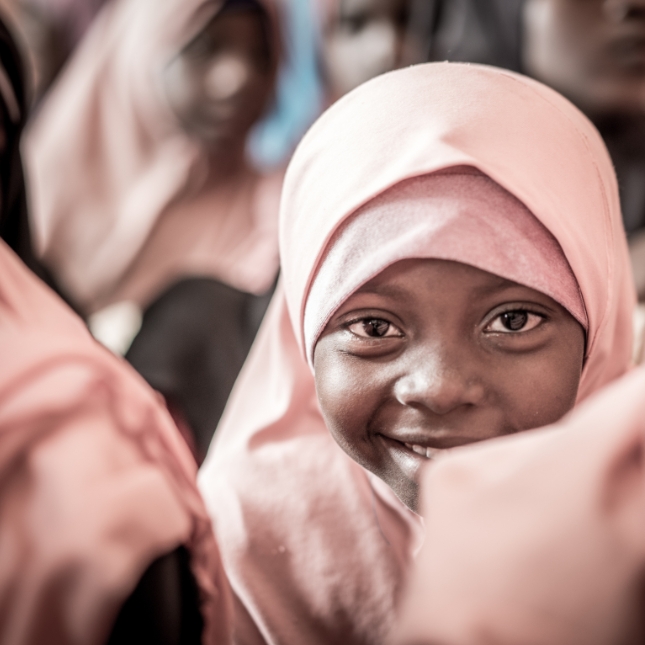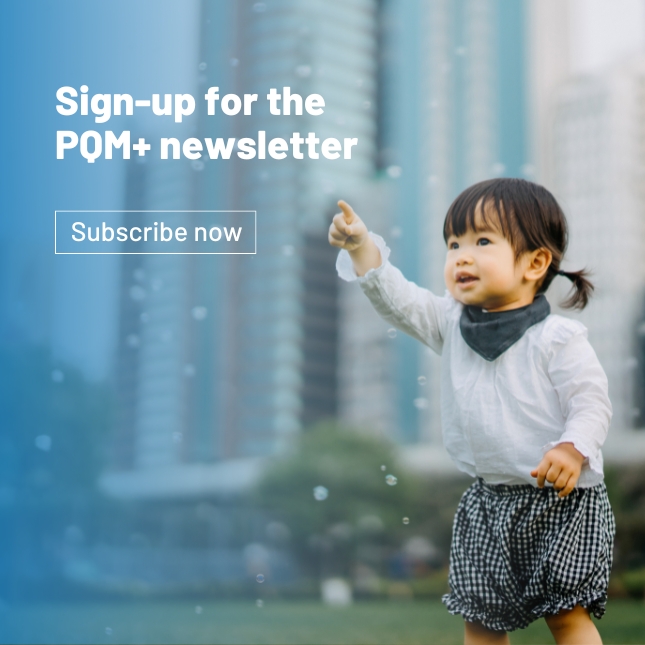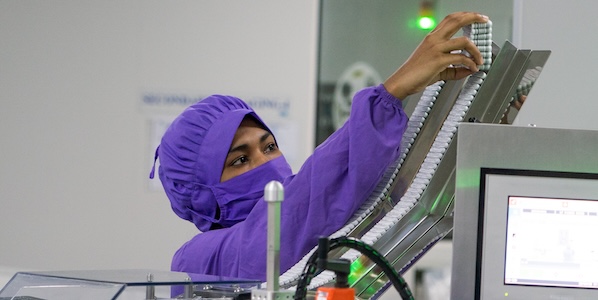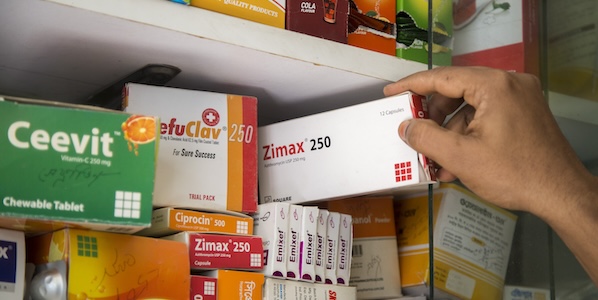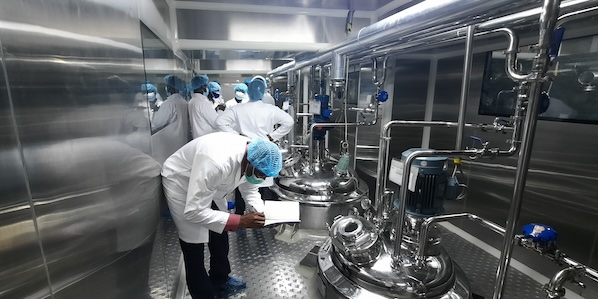Funded by the U.S. Agency for International Development (USAID) and implemented by USP, the Promoting the Quality of Medicine Plus (PQM+) program strengthens the quality of medical products in low- and middle-income countries. PQM+ works with national regulators and local manufacturers to increase the supply and improve the quality of essential medicines, vaccines, diagnostic tests, and other medical products used to prevent and treat COVID-19, malaria, neglected tropical diseases (NTDs), tuberculosis, and other infectious diseases, and improve maternal, newborn, and child health.
Since 2020, PQM+ worked in 28 countries to strengthen national quality control laboratories, promote good manufacturing practices, and improve medicines regulation. Our work builds on the legacy of USAID’s PQM program (2009-2019) to promote health equity, optimize resources, improve sustainability, and build resilient health systems.





